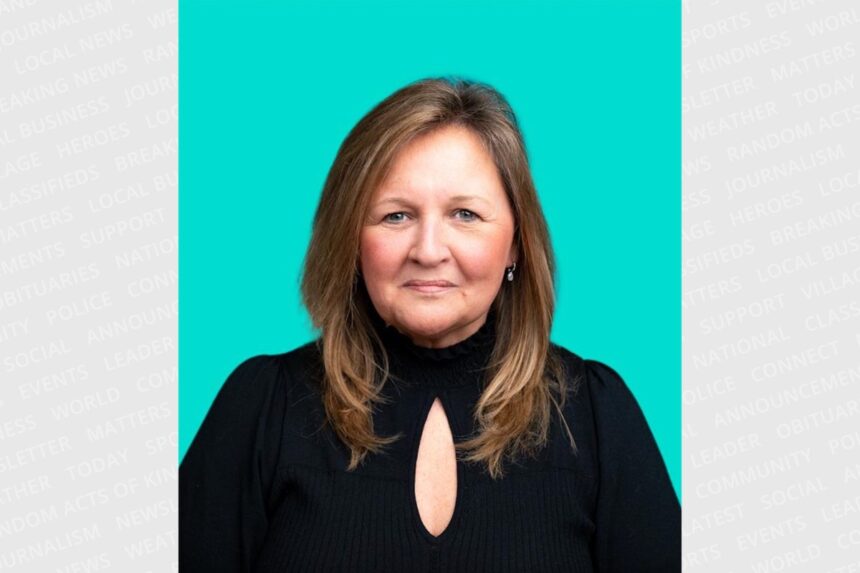Southlake Health welcomed a new Board Chair and several new directors this week in what hospital executives are calling a pivotal moment for regional healthcare governance. As someone who’s observed healthcare administration evolve across Ontario over the past decade, I can tell you these leadership changes often signal upcoming strategic shifts.
David Markou, who previously served as vice-chair, steps into the role of Board Chair after a unanimous vote during last week’s Annual General Meeting. I spoke with Markou shortly after the announcement, and his enthusiasm was evident.
“The landscape of healthcare is transforming rapidly, especially as we recover from pandemic pressures,” Markou told me. “My priority is ensuring Southlake continues delivering exceptional care while we navigate the challenges of growth in York Region.”
Markou brings substantial experience to the position, having worked in healthcare administration for over 15 years before joining Southlake’s board in 2019. His appointment comes at a crucial time when hospitals across Ontario are grappling with staffing shortages and capacity issues.
The board also welcomed four new directors: Christine Williams, Rupert Chan, Melissa Kennedy, and Dr. Carolyn Tait. Each brings specialized expertise that addresses specific challenges Southlake faces in 2024 and beyond.
Williams, a financial strategist with experience at Toronto General Hospital, will likely influence Southlake’s financial sustainability plans. When we discussed her appointment, she emphasized the need for innovative funding approaches.
“Hospitals can’t rely solely on traditional funding models anymore,” Williams explained. “We need creative partnerships that maintain quality while addressing our community’s explosive population growth.”
According to Statistics Canada, York Region’s population has increased by nearly 15% since 2016, putting tremendous pressure on healthcare infrastructure. Southlake serves Newmarket, Aurora, East Gwillimbury, and portions of northern York Region – communities experiencing some of the fastest growth rates in Ontario.
The Ministry of Health has acknowledged these demographic challenges. In March, the provincial government announced a $30 million investment in expanding emergency department capacity across six hospitals, including Southlake. The timing of these board appointments suggests preparation for managing this expansion.
Dr. Tait, another new board member, brings clinical expertise as a practicing physician in community care. Her presence may help bridge the often-challenging gap between administrative decisions and frontline realities.
“Healthcare workers have endured unprecedented stress,” Dr. Tait noted in our conversation. “Board governance needs to incorporate their perspective if we want sustainable solutions.”
Southlake CEO Arden Krystal praised the incoming board members in a press statement, highlighting the importance of diverse governance perspectives. “Healthcare challenges require multidisciplinary thinking,” Krystal stated. “Our new board composition reflects this understanding.”
I’ve observed that hospital board appointments often reflect broader provincial health priorities. With Ontario Health Teams continuing to reshape regional care delivery, Rupert Chan’s background in digital health transformation seems particularly relevant. Chan previously led several healthcare technology initiatives at Unity Health Toronto.
“Patients expect seamless digital experiences in every aspect of their lives,” Chan told me. “Healthcare is playing catch-up, but the opportunities for improving patient experience through technology are tremendous.”
The board transition also occurs against the backdrop of Southlake’s ongoing capital campaign for a new hospital campus. The facility, expected to cost over $1 billion, represents the largest healthcare infrastructure project in the region’s history.
Community advocates have expressed cautious optimism about the new leadership. Sarah Greenberg, chair of the Newmarket Healthcare Coalition, told me she hopes the new board will prioritize community engagement.
“Hospital decisions impact everyone in our community,” Greenberg said. “We need leaders who listen to residents, not just health administrators.”
The public can expect to see the new board’s influence on several fronts in coming months. Sources close to hospital administration indicate that wait time reduction strategies, mental health service expansion, and community care integration will top the agenda at upcoming board meetings.
For residents of communities served by Southlake, these governance changes may seem distant from daily healthcare concerns like ER wait times or specialist availability. However, my years covering healthcare policy suggest that board-level decisions ultimately shape the patient experience in profound ways.
As York Region continues growing at unprecedented rates, healthcare governance takes on even greater importance. The new Southlake board faces the dual challenge of managing immediate operational pressures while planning for a future that includes a new hospital campus and dramatically different healthcare delivery models.
Outgoing Board Chair Paul Madden received recognition for guiding Southlake through the pandemic years. “Paul’s steady leadership during unprecedented challenges provided stability when we needed it most,” CEO Krystal noted during the transition ceremony.
The board’s first public meeting with its new composition is scheduled for September, where community members can observe the new leadership dynamic firsthand.






